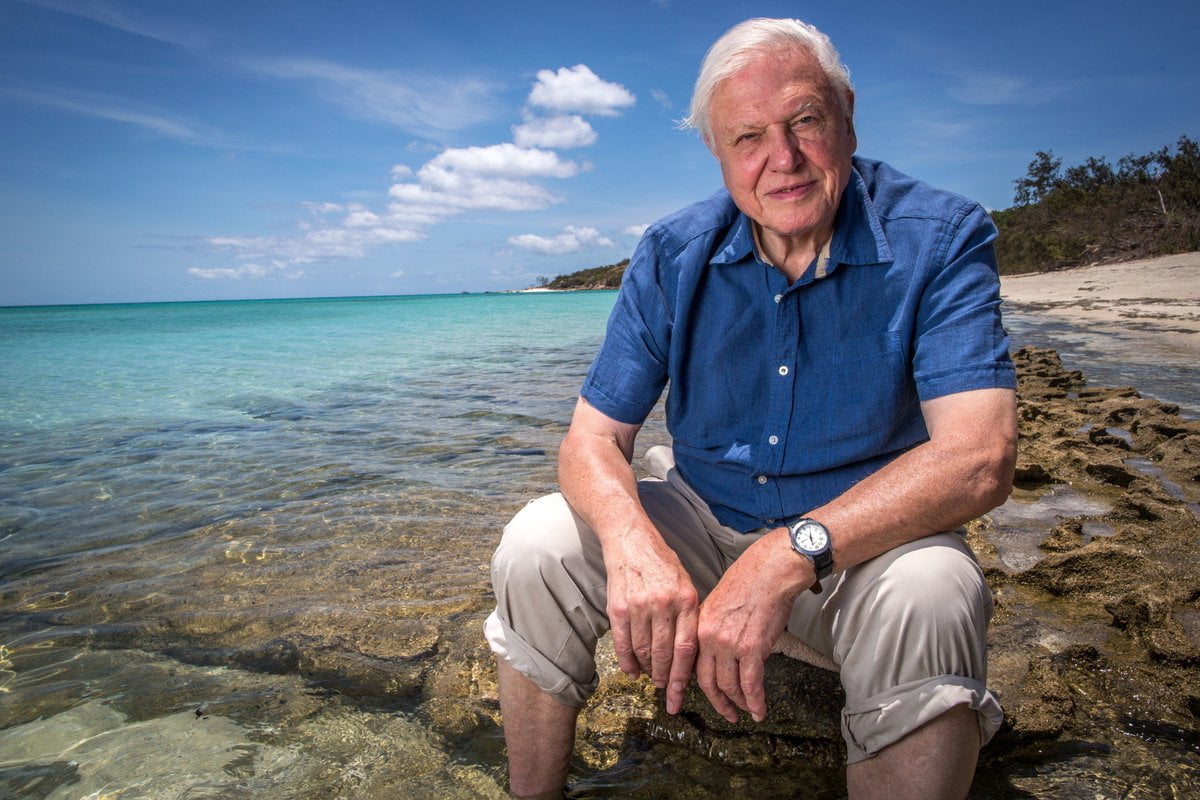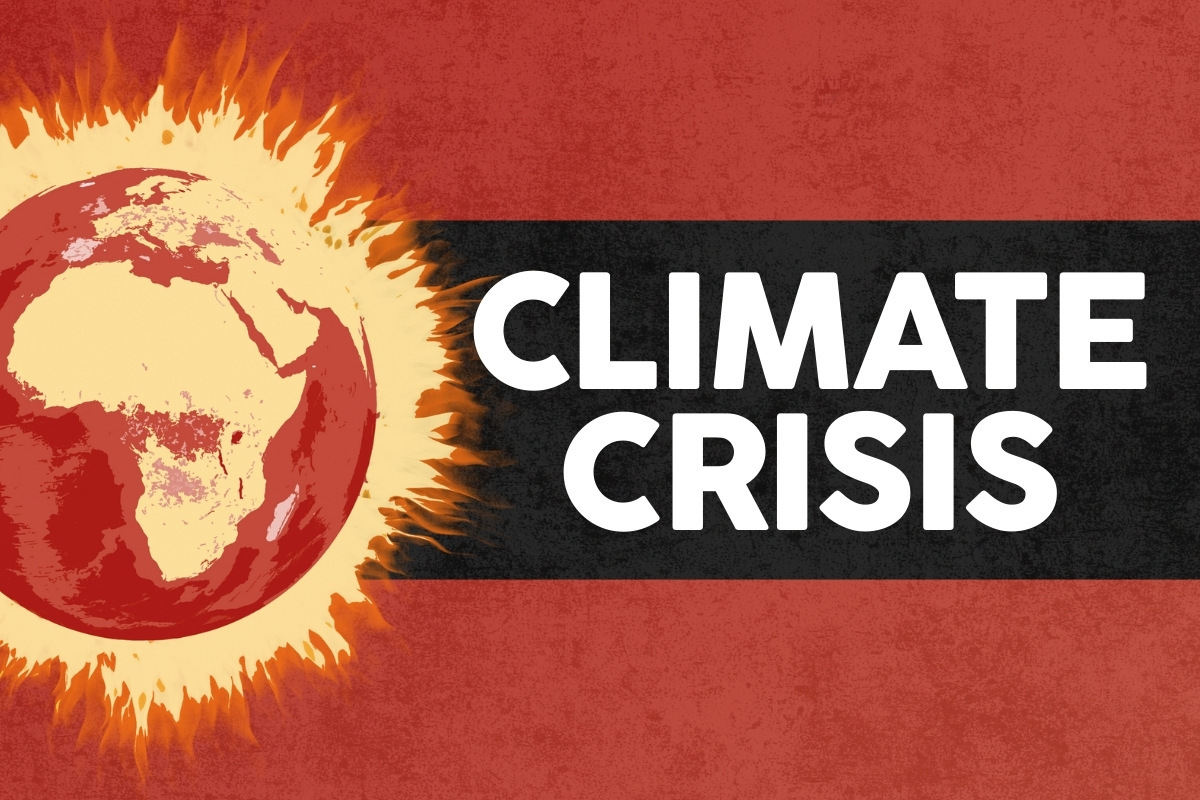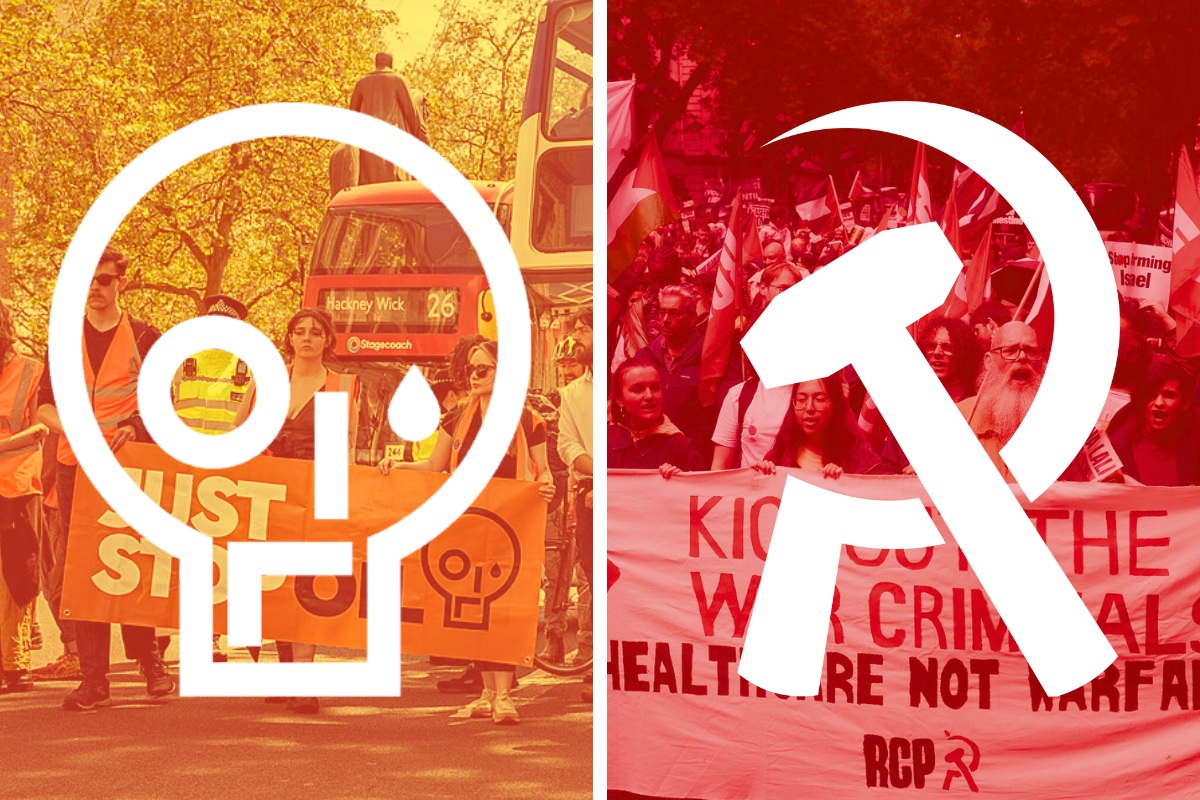David Attenborough’s latest documentary tells the story of climate change. But the programme and its presenter point the finger at the wrong culprit: ‘humanity’, rather than the bosses. To save the planet, we need system change.
The recent Netflix programme A Life on Our Planet is styled as David Attenborough’s “Witness Statement”. It is a documentary charting the chronology of climate change and loss of biodiversity as it has unfolded during his lifetime, concluding with his vision for a better future.
Whilst providing a moving reiteration of the terrible effects of climate change – with characteristically compelling visuals – Attenborough fails to really get to grips with why this is happening in the first place.
‘David Attenborough: A Life on Our Planet ‘ (2020) pic.twitter.com/gBPTpXcS0q
— Lost In Film (@LostInFilm) October 7, 2020
In doing so, he unfortunately treads the well-worn path of insidious neo-Malthusian ‘concerns’ about overpopulation. These have long plagued the environmental movement in general, and Attenborough’s own documentaries in particular.
Human error
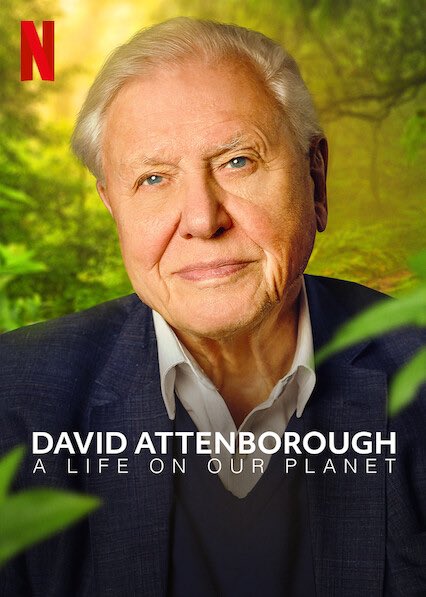 The film starts as it ends, with Attenborough alone in the ruins of Pripyat. He argues that the disaster at nearby Chernobyl, which left the town uninhabitable, was the result of “bad planning” and “human error”. Attenborough asserts that environmental destruction on a global scale has the same cause.
The film starts as it ends, with Attenborough alone in the ruins of Pripyat. He argues that the disaster at nearby Chernobyl, which left the town uninhabitable, was the result of “bad planning” and “human error”. Attenborough asserts that environmental destruction on a global scale has the same cause.
At best, this approach is a plea for us to learn from our “mistakes”. However, if the reasons for environmental degradation are simply “mistakes”, why do they happen repeatedly? And who is making them?
One example which he gives is the destruction of the Borneo rainforest, which has lost a third of its cover since the 1980s. As Attenborough explains, this has had devastating results, as rainforests play an important role in the atmosphere and biosphere. They can act as carbon sinks, affecting global and local climatic conditions, and are centres of very high biodiversity and ecosystem complexity.
The reason for this deforestation was the proliferation of monoculture oil-palm plantations. Attenborough attributes this to human beings wanting to exploit the timber and land for farming. But whilst this is true, it does not really explain why it is happening.
Profit
 It is not simply that humans are ‘greedy’, but because palm-oil is a billion-dollar industry. The real culprit here is the systematic exploitation of the environment – and workers – by the capitalist class, all in the name of profit.
It is not simply that humans are ‘greedy’, but because palm-oil is a billion-dollar industry. The real culprit here is the systematic exploitation of the environment – and workers – by the capitalist class, all in the name of profit.
The refusal to make any distinction in blame between the capitalists – who make billions from this commodity – and their workers on the plantations is completely disingenuous.
Attenborough repeats this idea of ‘collective responsibility’ for environmental problems throughout the film. At one point he says: “This is now our planet, run by humankind for humankind.”
However, the world economy is currently run by and for the bosses of incredibly wealthy multinational corporations and their shareholders. It is their interests that run counter to sustainability, not humanity’s as a whole.
Attenborough sees humanity as one homogenous group, whose increasing size must therefore unsustainably increase its resource use. He mentions that humans and their livestock account for 96% of biomass on Earth – as if the complexity of human society and its environmental impact can be distilled into the total weight of our species.
De-population
After outlining the impacts of the changing climate on biodiversity throughout his lifetime, Attenborough looks to the future. His thesis is that, in order to prevent ecosystem collapse, we must increase biodiversity by curbing human population. He also advocates plant-based diets and rewilding measures. But ultimately he sees success as hinging on a decrease in the population.
To make this thoroughly reactionary position palatable, he advocates only for “natural” population control through education, accessible healthcare, and gender equality. To back up his argument, he points to Japan as proof that with ‘development’, the population will peak and birth-rates will fall. He does not mention the fact that Japan is ranked as the seventh largest emitter of greenhouse gases globally.
It is true that as advanced capitalist economies are deindustrialising, their emissions are falling. But they are often outsourcing their emissions to industrialising regions of the so-called ‘developing’ world, in order to exploit cheaper labour. This has nothing to do with population size.
This uneven development will never be overcome under capitalism. It requires systemic change – a socialist transformation of the economy.
System change
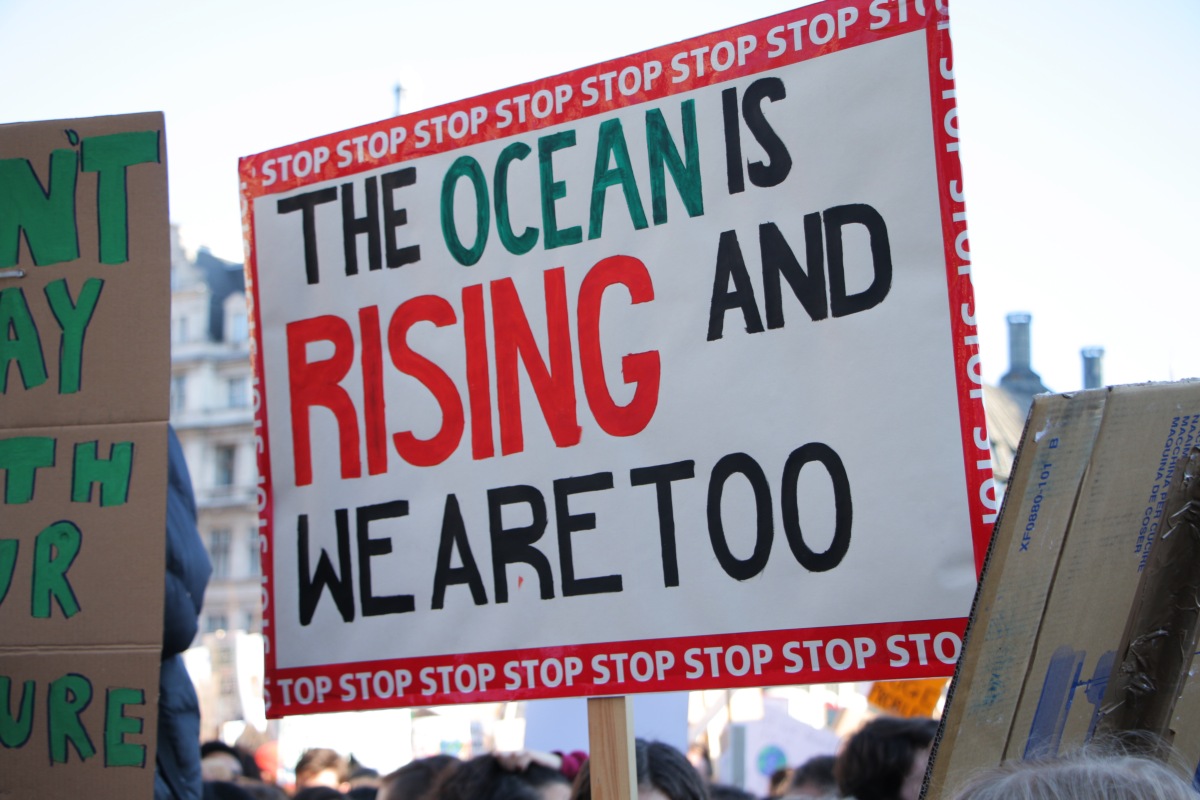 In a recent interview Attenborough stated that the “excesses the capitalist system has brought us have got to be curbed somehow”. But the last century of environmental catastrophes show that capitalism cannot be curbed or reformed.
In a recent interview Attenborough stated that the “excesses the capitalist system has brought us have got to be curbed somehow”. But the last century of environmental catastrophes show that capitalism cannot be curbed or reformed.
We must go much further. It is not just “bad planning”, as he suggests in the film – because under capitalism there is no plan.
David Attenborough remains one of the most influential and popular public figures in Britain. But he unfortunately epitomises the limitations of ‘environmentalism’: identifying problems with no real understanding of why they exist, and coming to incorrect, even harmful, conclusions.
His inclusion of a hopeful vision for the future is a welcome avoidance of climate fatalism. However, the real hope for humanity is not neo-Malthusian population control, but a democratically-planned socialist economy.

